Portland City Council White by Law?
Sunday, August 31, 2014
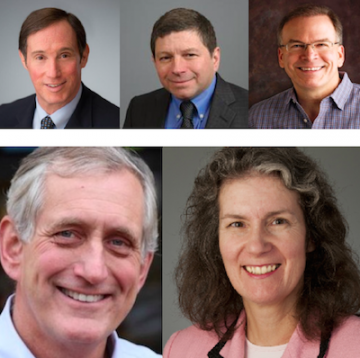
According to legal experts, it is almost impossible in the current structure of city government for minorities to get elected.
"When people see that there are no people of color represented on the city council, they automatically assume there are no people of color that live in the city," said Cyreena Boston Ashby, director of the Portland African American Leadership Forum.
“We're just really missing sound leadership that understands race relations and just equity in a relevant way."
Critics say politics and power have kept the system the way it is.
“It’s a pretty simple, straightforward system,” said Darrell Millner, a professor of Black Studies at Portland State University. “The people who have the power now have no motivation to change it.”
Mayor Charlie Hales was traveling and could not be reached for comment at press time.
Portland voters elect their leaders citywide, which makes it harder for minorities and those lesser-known in the community to get elected.
Slideshow Below: Oregon's Racial History
“Once you do that, you pretty much guarantee you’re not going to have effective diversity in those offices,” Millner said. “You never have in Portland because that political process has been controlled by a political elite.”
So for decades the city has gone on without a minority leader, a voice to speak for Portland’s citizens of color, Millner said.
Activist and former Oregon state Rep. Jo Ann Hardesty said inequality continues in Portland because it’s easy to be progressive here without talking about race. She claims white liberals are talking about diversity but not delivering.
Jo Ann Hardesty. 
Former Mayor Tom Potter, who served from 2005 to 2009, said the at-large system is unfair to minorities and others who may not be well known citywide.
“I think it's a moral violation,” Potter said. “You may be well known in your community but you have to go out and meet other people.
"That inherently places a greater burden on people who have no connections.”
At-large systems struck down
Nearly all major U.S. cities elect their leaders on a district or ward basis. In a district system, cities are divided into wards and a council member is elected from each area. The city council acts as a legislative body and the mayor as an administrator.
Lawsuits based on the 1965 Voting Rights Act have forced reforms of at-large government systems like Portland’s around the country. The U.S. Department of Justice has determined in many cases that the at-large system, when it keeps minorities from being elected, is illegal.
The city of Yakima, Wash., is facing a civil rights lawsuit filed by two residents who claim the city’s at-large form of government is blocking Latinos from the city council.
Though Yakima has a 41 percent Latino population and a 22 percent voting age Latino population, there has never been a Hispanic council member.
The suit goes to trial Sept. 2 and will be the first of its kind in Washington state, said Doug Honig, spokesman for the American Civil Liberties Union of Washington, which filed the suit on behalf of the residents.
In 2001, the U.S. Justice Department ordered the village of Chester, N.Y. to change its at-large system. The department filed a complaint against the city in 2006 for its at-large system, saying it was hurting the voting strength of Hispanics.
A similar case was filed against the Euclid School District’s School Board in Ohio, claiming the at-large system of electing school board members “dilutes the voting strength of African American citizens due to racially polarized voting.”
Challenges to change
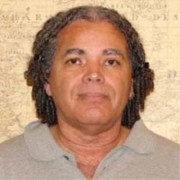
Darrell Millner
In order to trigger the violation, someone would need to demonstrate that if districts were drawn in Portland, there would be an area that would include over 50 percent minorities.
Portland’s population is predominantly white, with only 6 percent African American and 9 percent Hispanic or Latino.
Even if Portland was split up into 10 council districts, it’s unlikely there would be an area with a condensed enough minority population to make it work.
East Portland is the most diverse section of the city. But all told, minorities combined, including blacks, African-Americans, Asians, Hispanics and others make up only 28 percent of the city’s total population.
“If you can’t do that, even if there’s a problem, there’s no effective solution to it,” said Robert Rubin, a civil rights attorney out of San Francisco who specializes in voting rights cases. “There is not a remedy for every legal wrong.”
The makeup of the city’s minority population and a lack of a state voting rights act make it difficult to bring a case in Portland, despite the obvious lack of diversity on the council, legal experts say.
“Even though it’s not technically or legally a violation I think morally it works against the democratic principles and that to me is an issue the city hasn’t dealt with,” Potter said.
Boston Ashby said while there is a lot of talk about diversity in Portland and Oregon society as a whole, there is little action.
"I think what happens is that ... there is political will at times, but I think there’s a lack of political pressure to really, really push for that stuff to come out," she said. "They don’t even know what is or isn’t racist.
"They’re ill-equipped. The truth of the matter is they’re ill-equipped. It’s a way that goes beyond, 'I like black people. I think they're nice.' "
Some looking to change anyway
In Portland, voters have voted against changing the city’s form of government eight times, including one as recently as 2007, backed by then-Mayor Potter.
City Commissioner Steve Novick agrees the system favors people who can raise lots of money. He’s not surprised that the at-large structure has not changed to wards. Under the current model, city commissioners run different parts of the city's bureaucracy, which gives them a lot more power than if they were just legislators.
“It’s good for us individually,” he said. “You get to be an executive and a legislator. It’s a fascinating job."
Boston Ashby agrees that the system favors the independently wealthy.
“People of color, women particularly, very rarely are either in a position or are wiling to be able to take a leave of work," she said.
But not everyone thinks the at-large system is bad.
Michael Durrow ran for city council in the May primary. But Durrow, whose father is black and mother is white, does not blame the form of government for his loss.
“I think we need the at-large form of government. I think that it works for us,” he said. He thinks the main reason for the lack of diversity on council is because too few minorities are running.
“That’s the solution to that,” he said. “We need more minority candidates that have enough experience running to win on a regular basis.”
Others in the minority community agree and are working to do just that.
Hardesty points to other groups such as the Portland African-American Leadership Forum, which advocates for the well-being of African-Americans through government and civic advocacy as well as the Portland Urban League, which has a young professionals group that encourages minorities ages 20-40 to get out and empower their communities, as an example that a new generation of minority leaders are emerging in Portland.
Michael Alexander, President of the Portland Urban League, declined to comment for the story.
Hardesty herself is working on building a coalition to take over the council as three seats – Hales, Amanda Fritz and Novick – are up in 2016.
“We’re building a multiracial coalition to identify candidates, raise money for them and help them campaign,” she said. “With three seats open, we hope to have a woman and a person of color, in the three-people slate.”
But Millner cautions that as long as the status quo remains, he doesn't expect anything to change.
"They have a stranglehold on keeping it the way that it is," he said.
Boston Ashby said without minority representation, the issue of equity can't be tackled.
"What happens though, without adequate representation, is the chance for someone to bring it up on the elected official level," she said. "It's not natural to them, maybe."
Related Slideshow: Slideshow: Oregon’s History of White by Law
Oregon’s history of exclusionary laws forcing minorities out of the state with the punishment of a lashing led to fewer minorities in the state to the present day. Experts say the state’s discriminatory past has aided in the lack of diversity in elected city leadership.
Related Articles
- Welcome to GoLocalPDX
- Portland Ranks 11th in US Carfree Cities
- Court Case Argues Portland Parking Tickets Are Not Valid
- Best Wieden + Kennedy Nike Ads EVER
- See Oregon’s History of Discrimination
- Gus Van Sant Talks on the Eve of the 25th Anniversary of Drugstore Cowboy

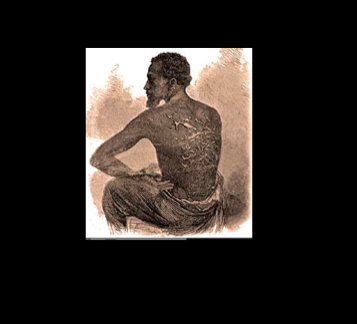
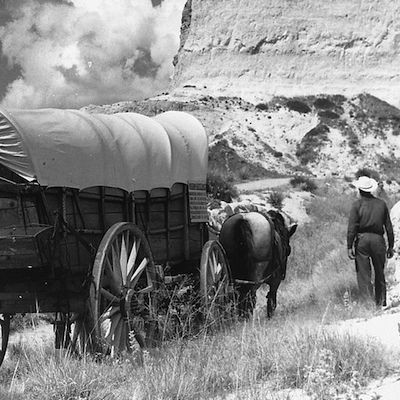
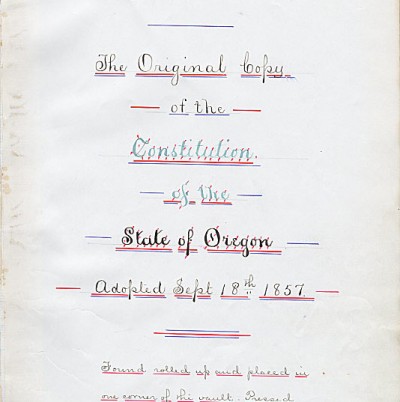
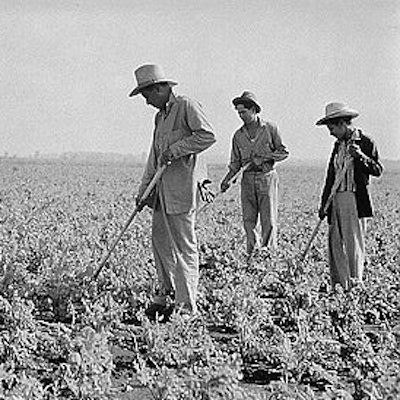
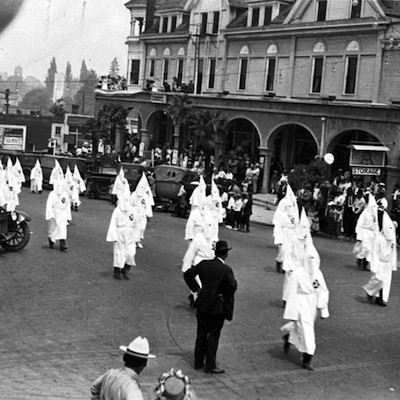
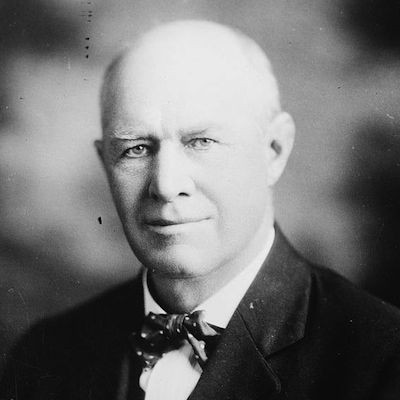
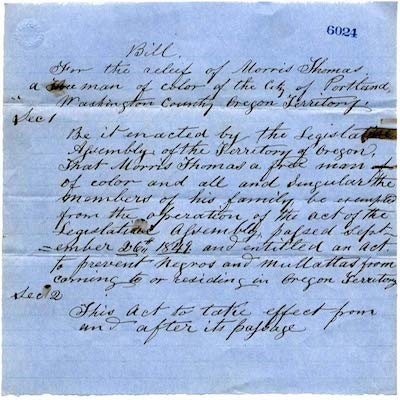
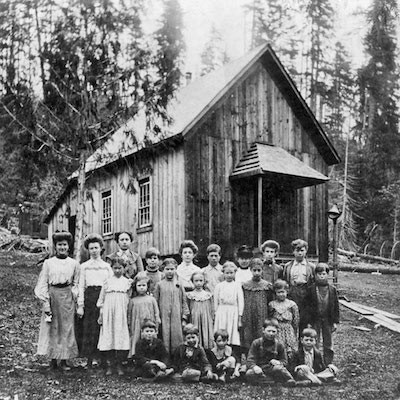
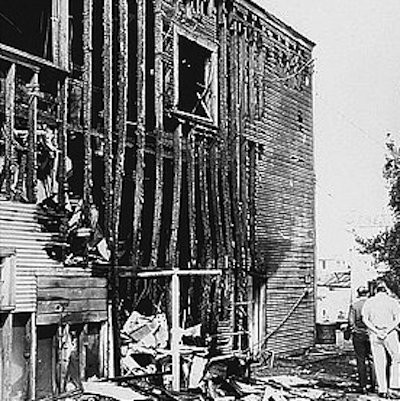
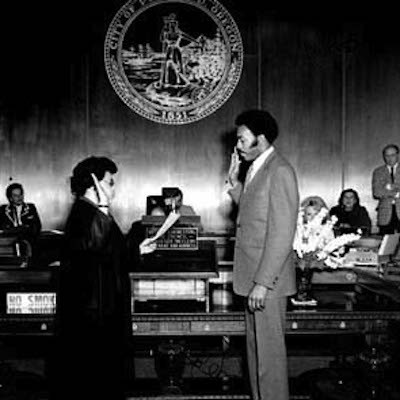
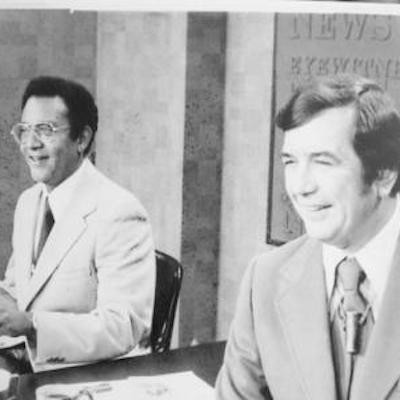
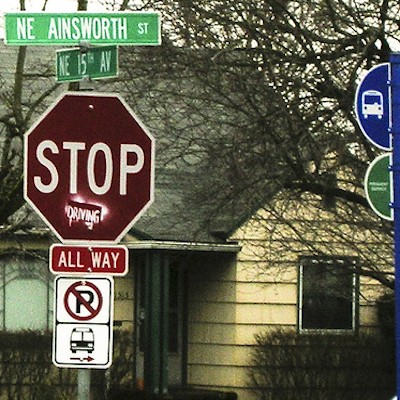
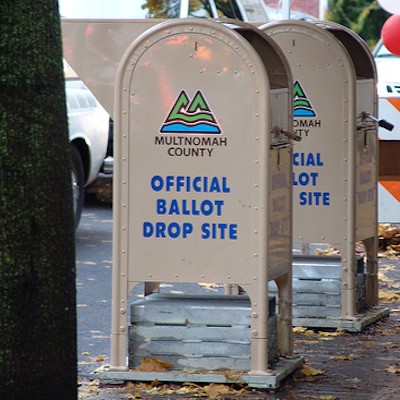


















Follow us on Pinterest Google + Facebook Twitter See It Read It